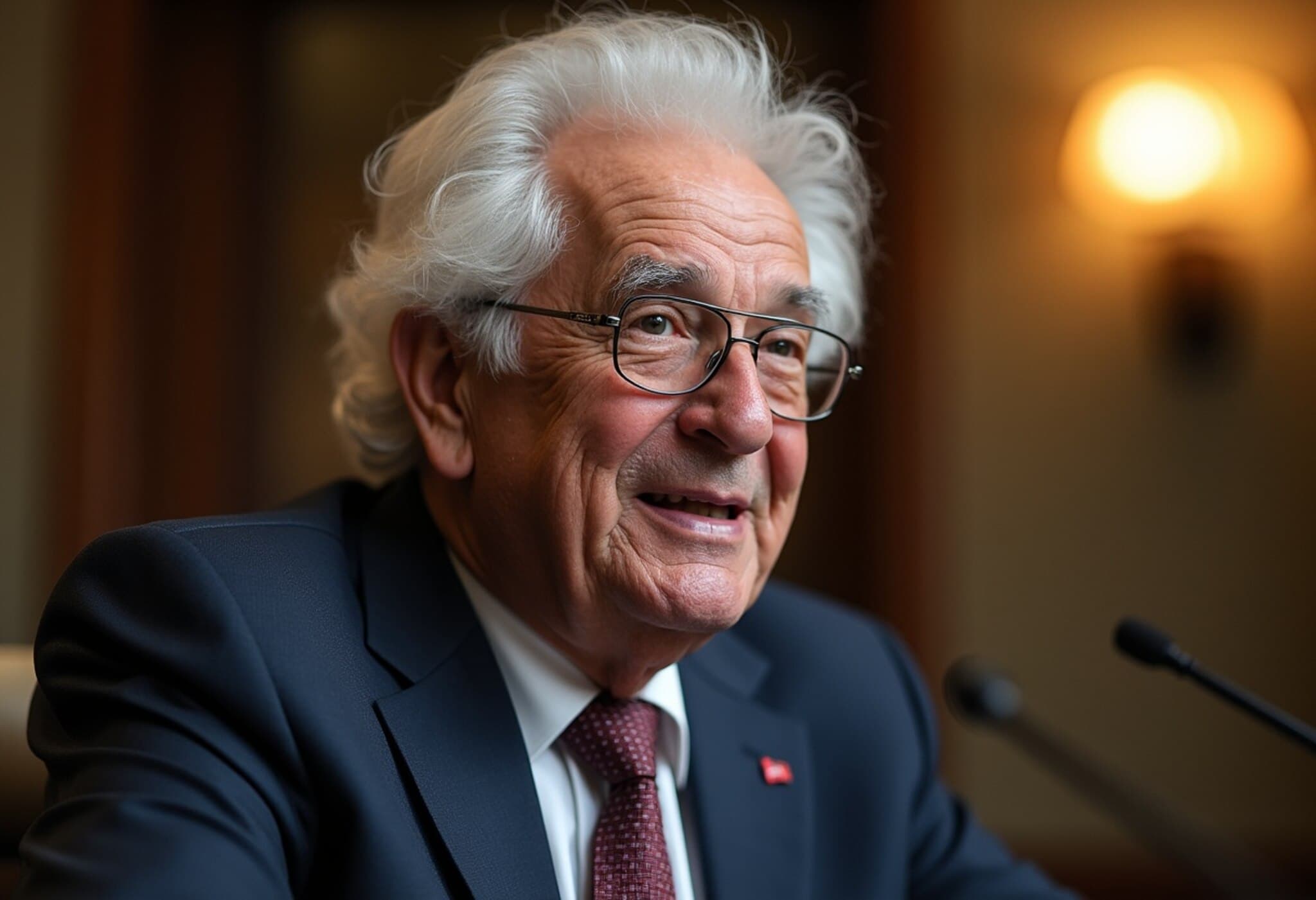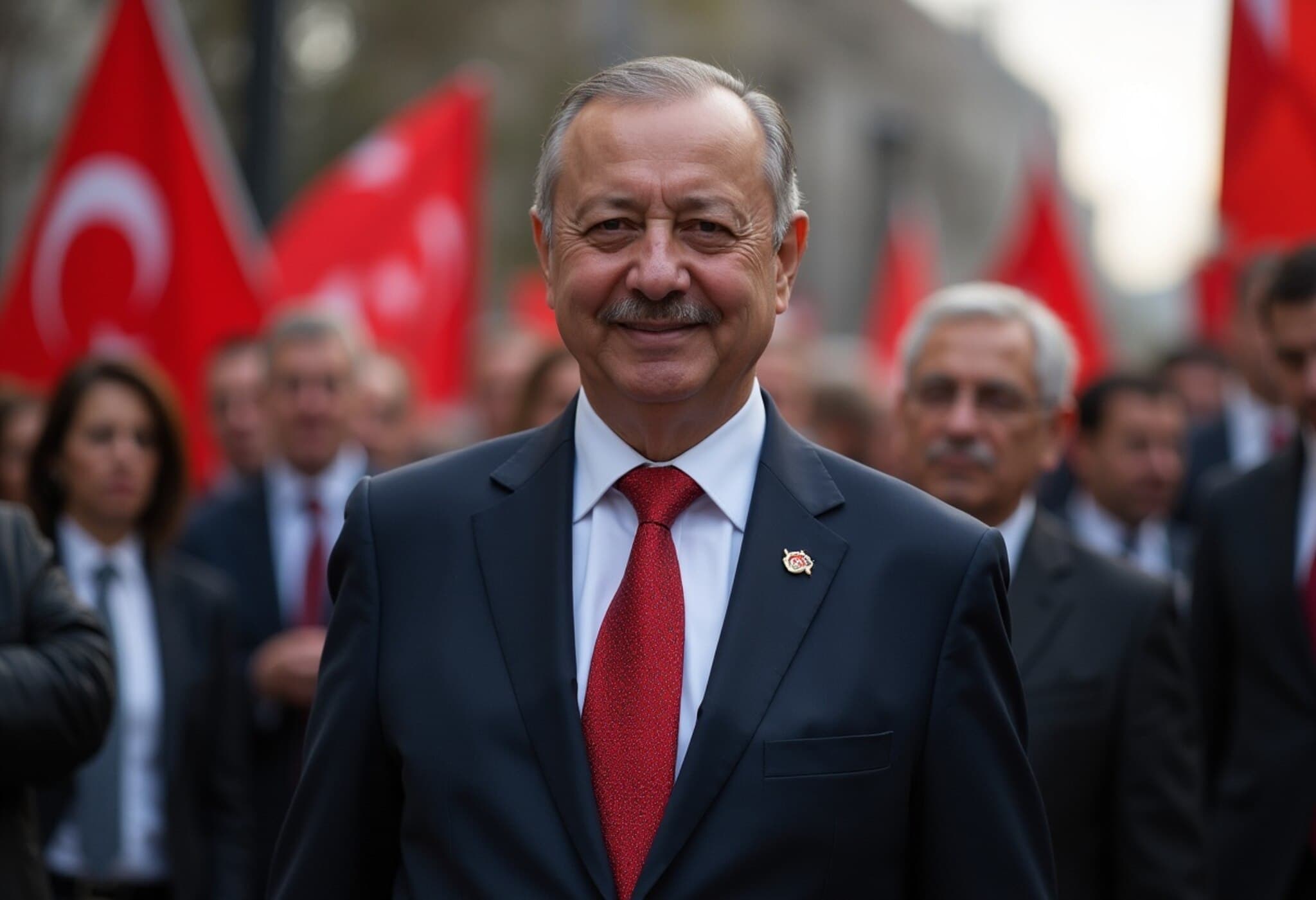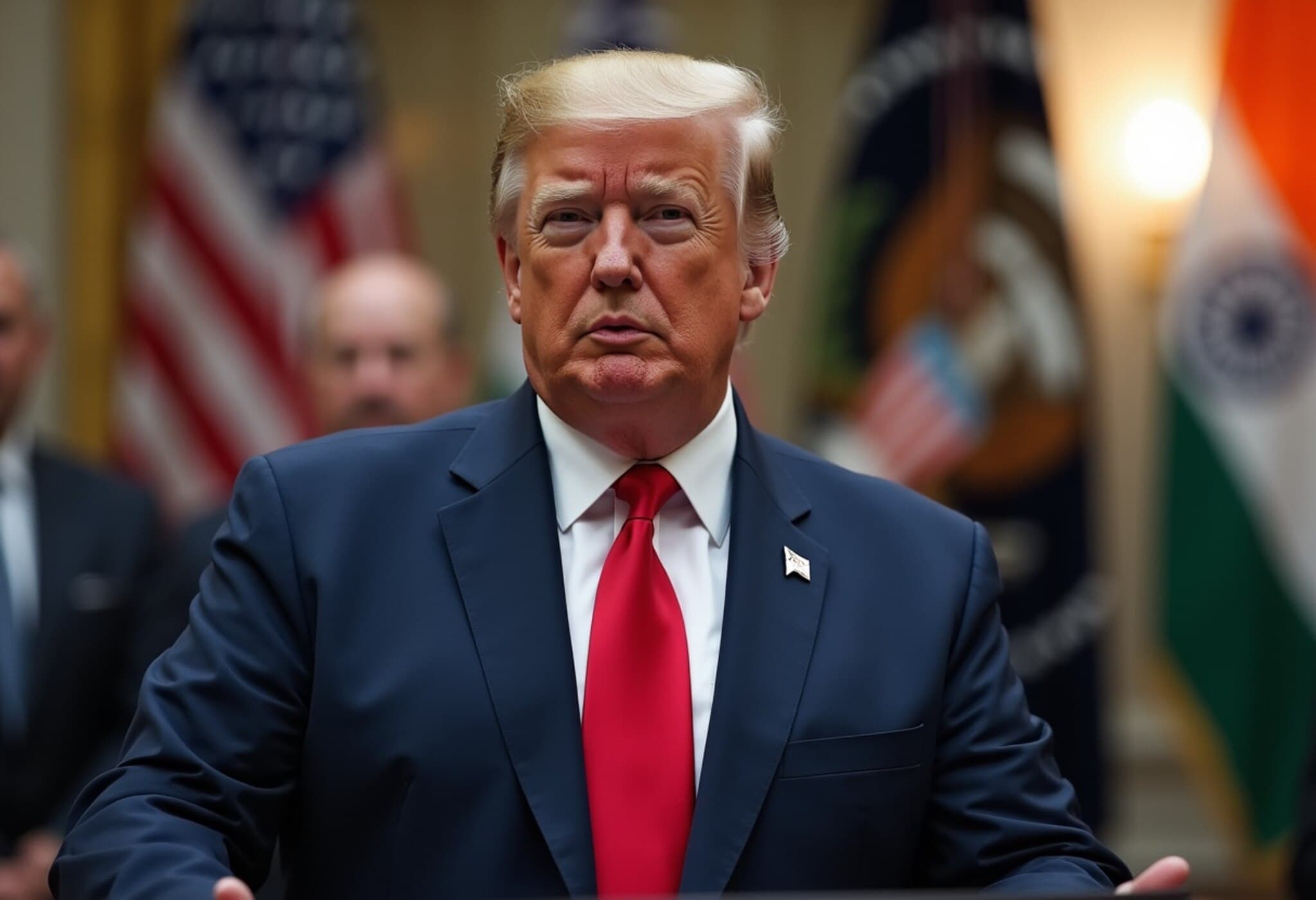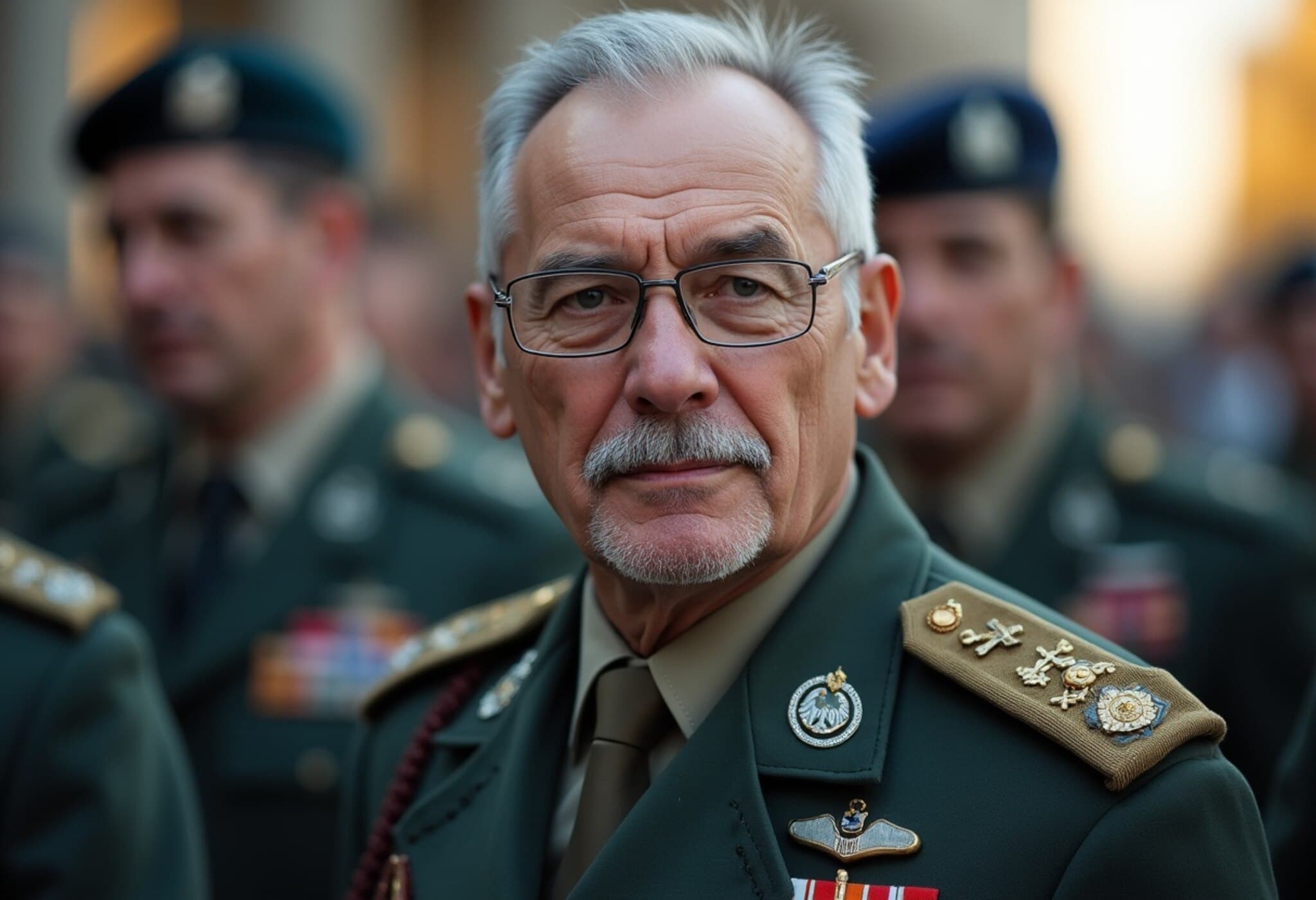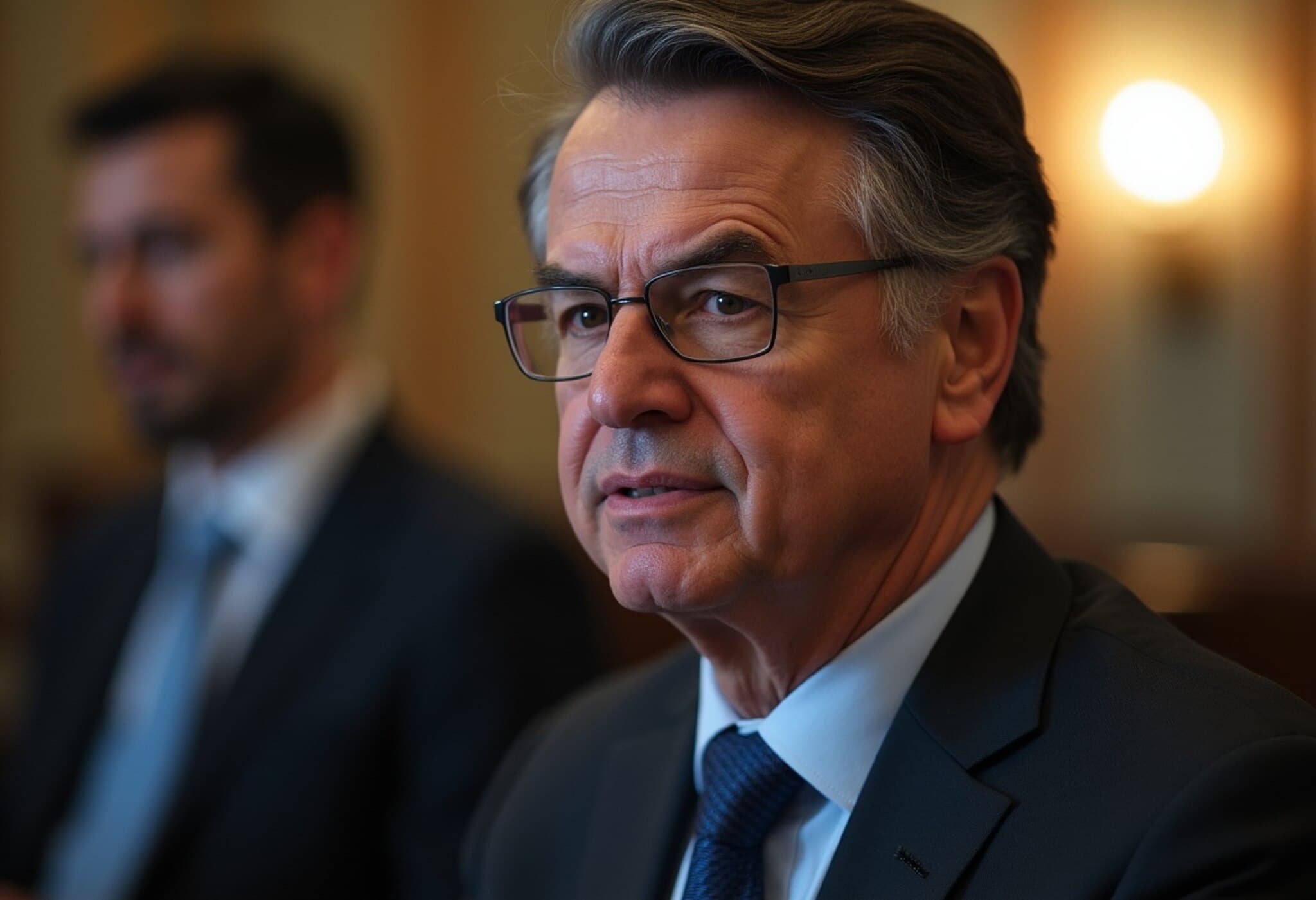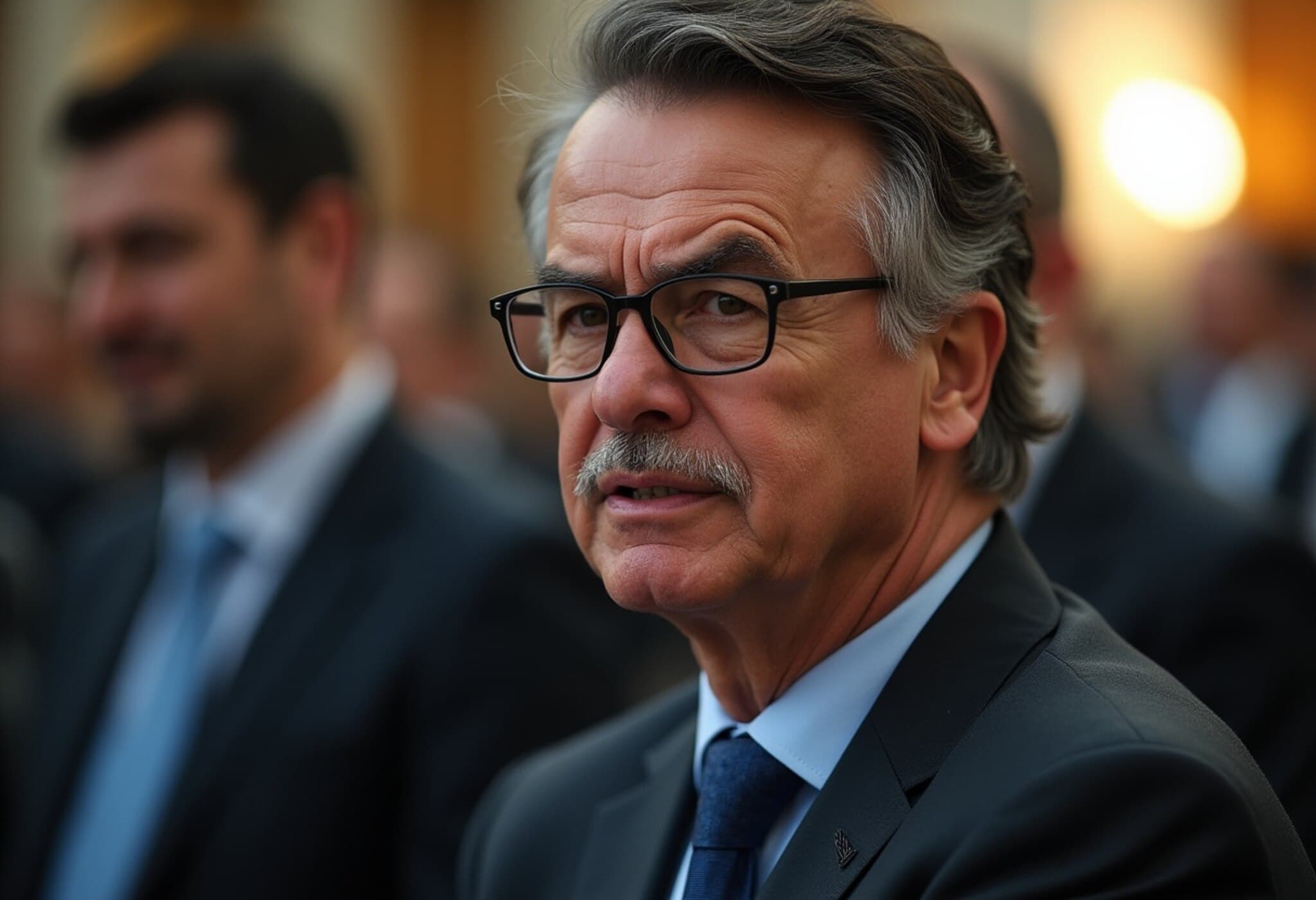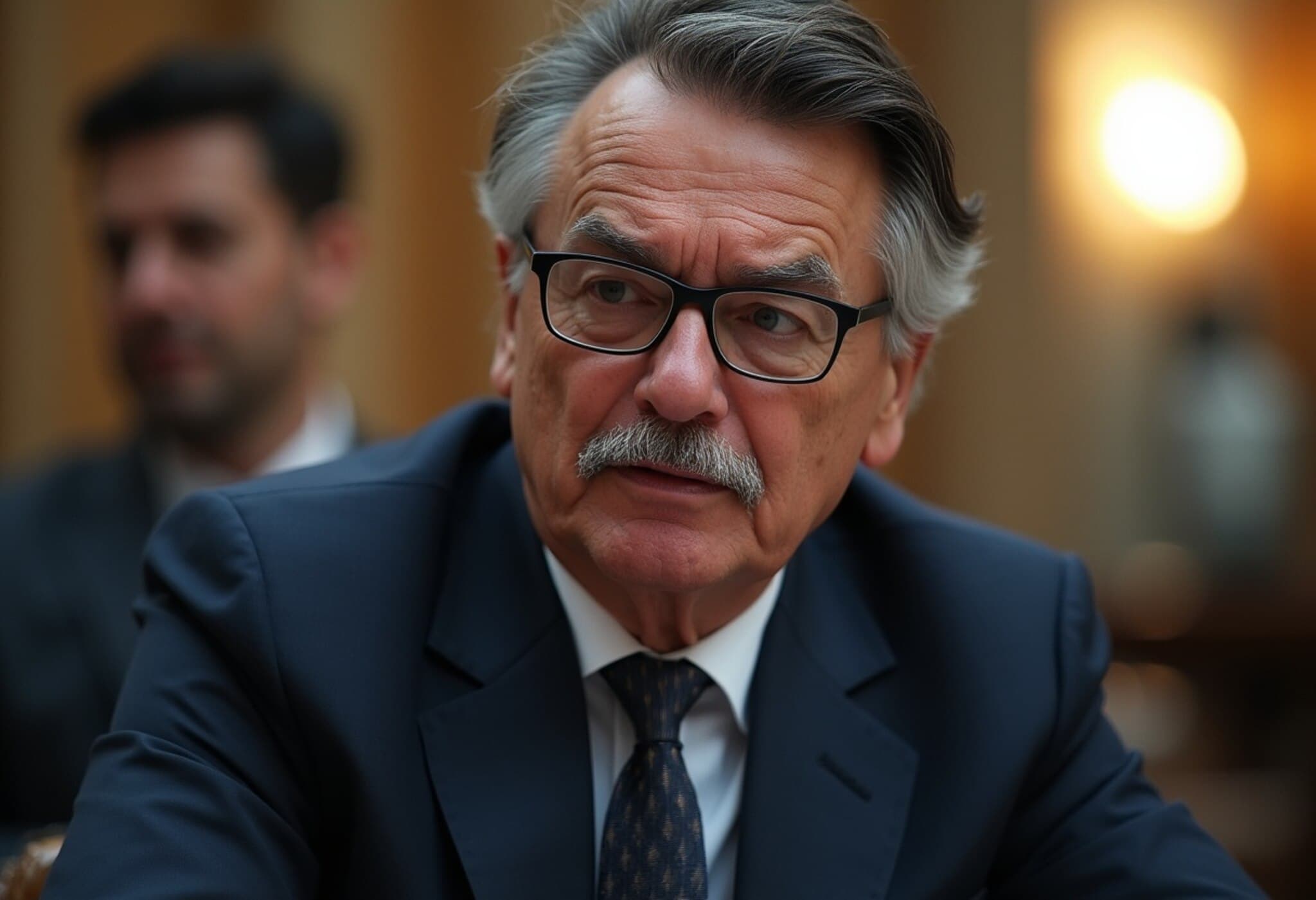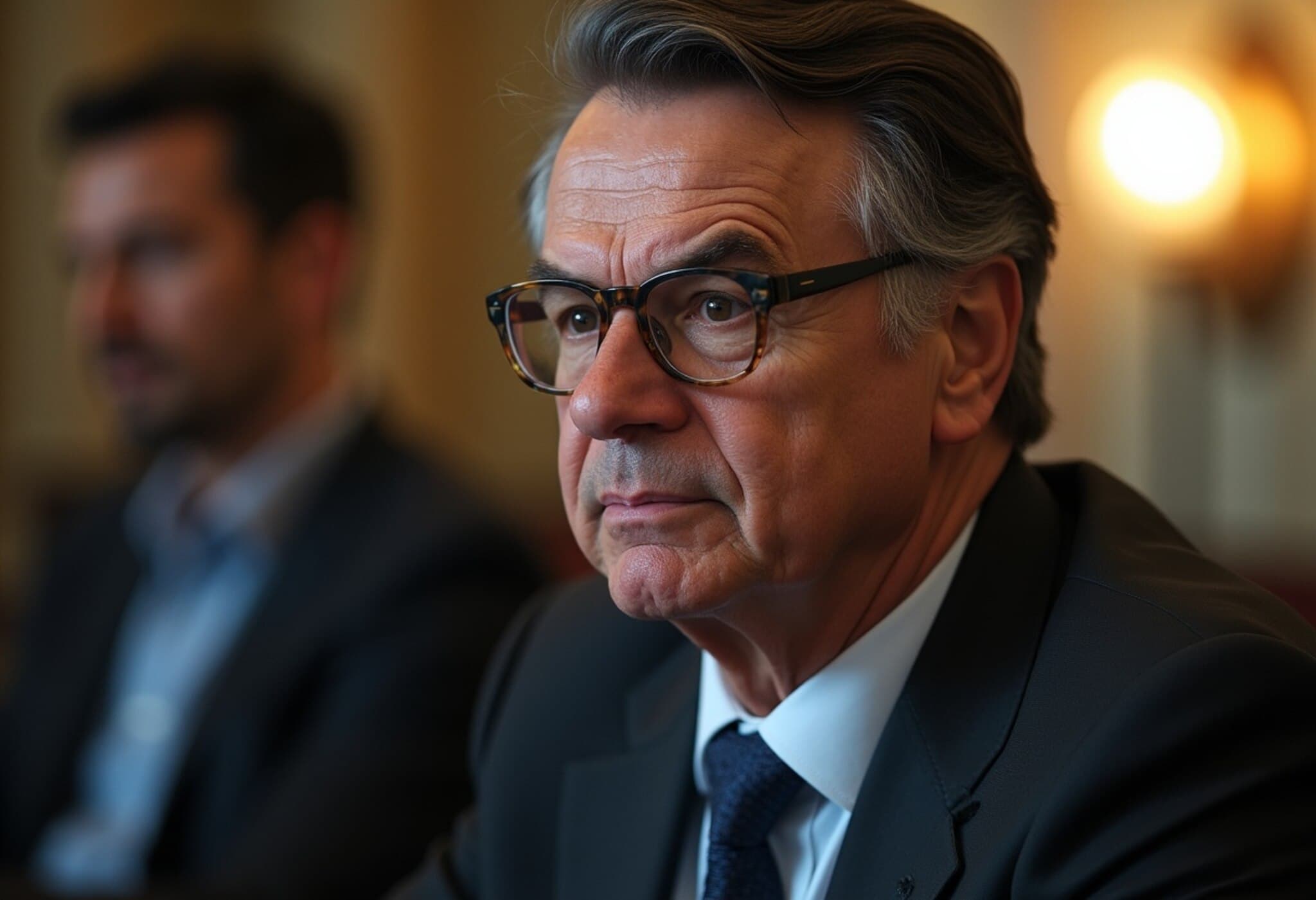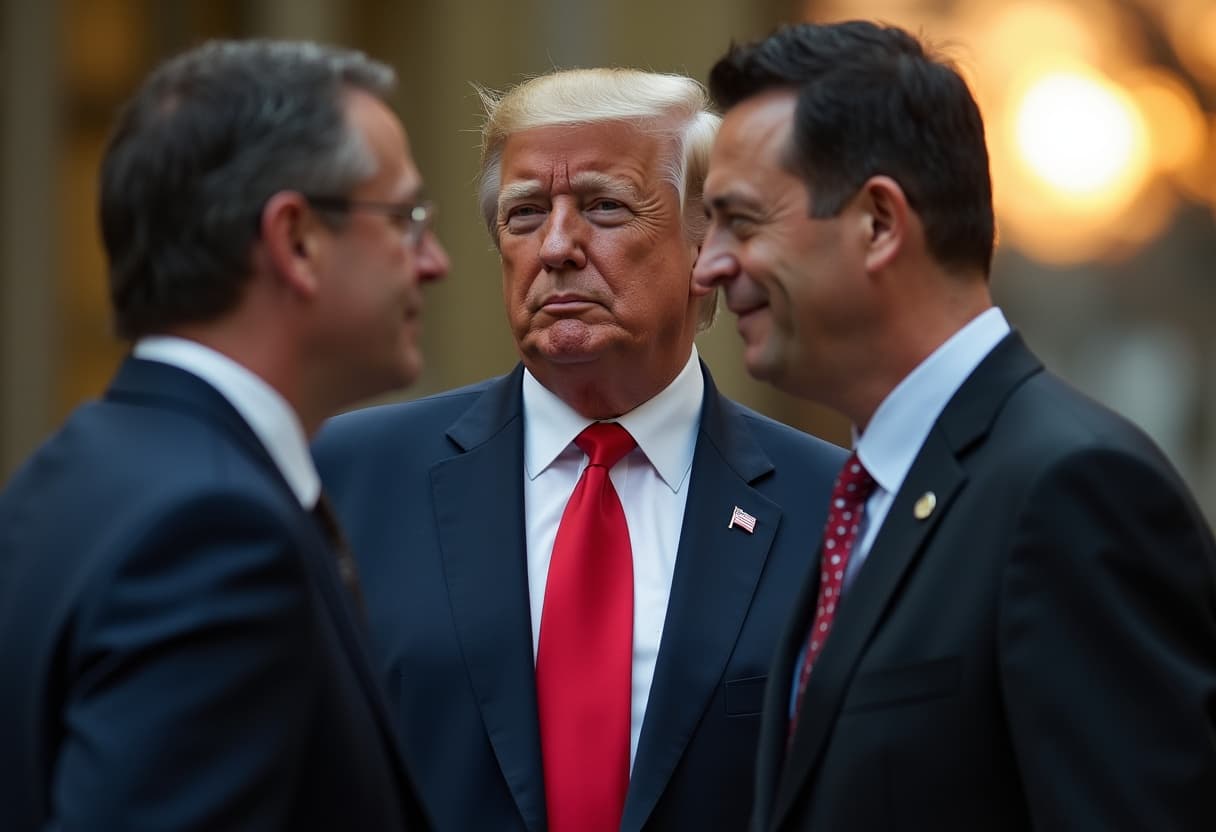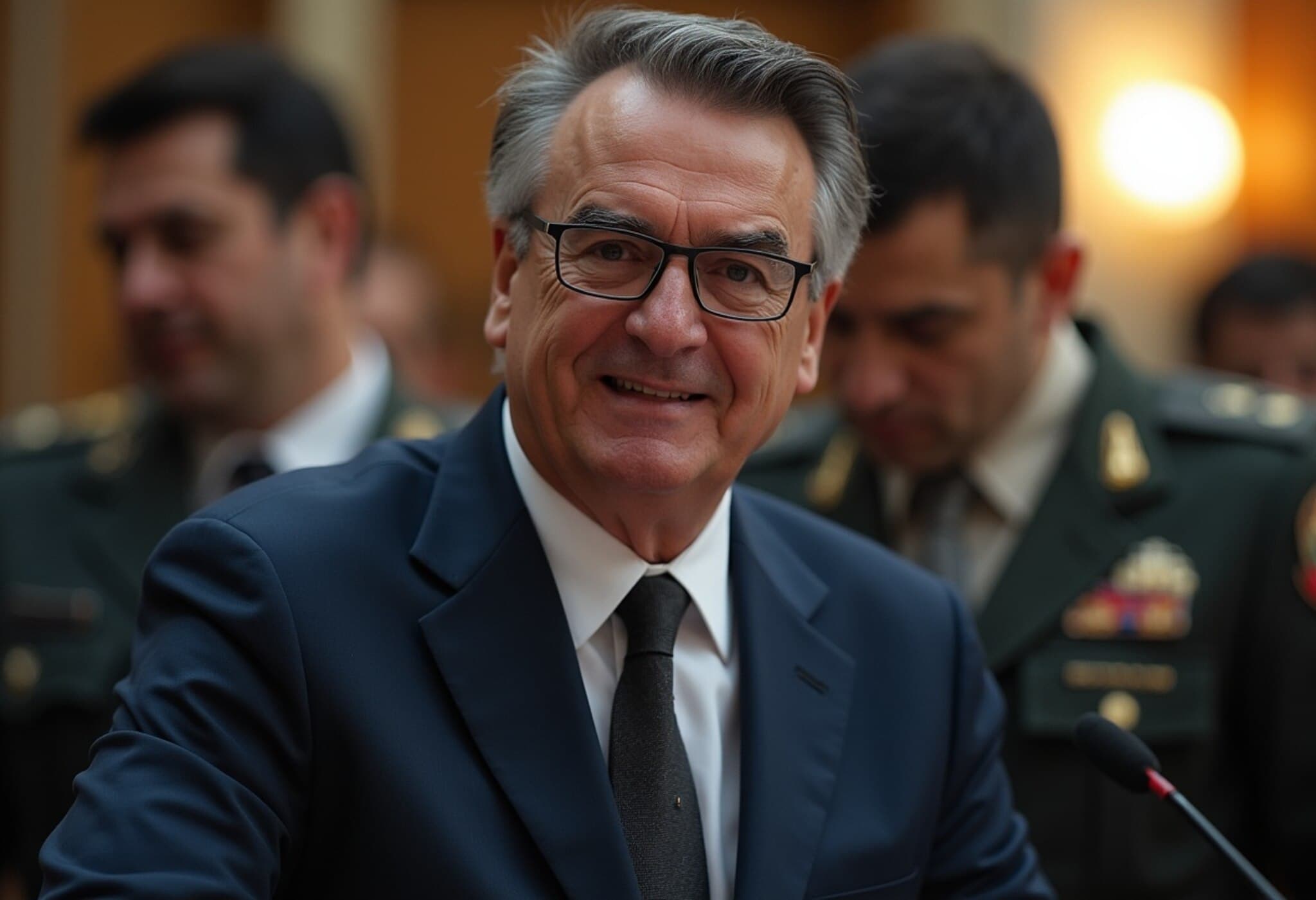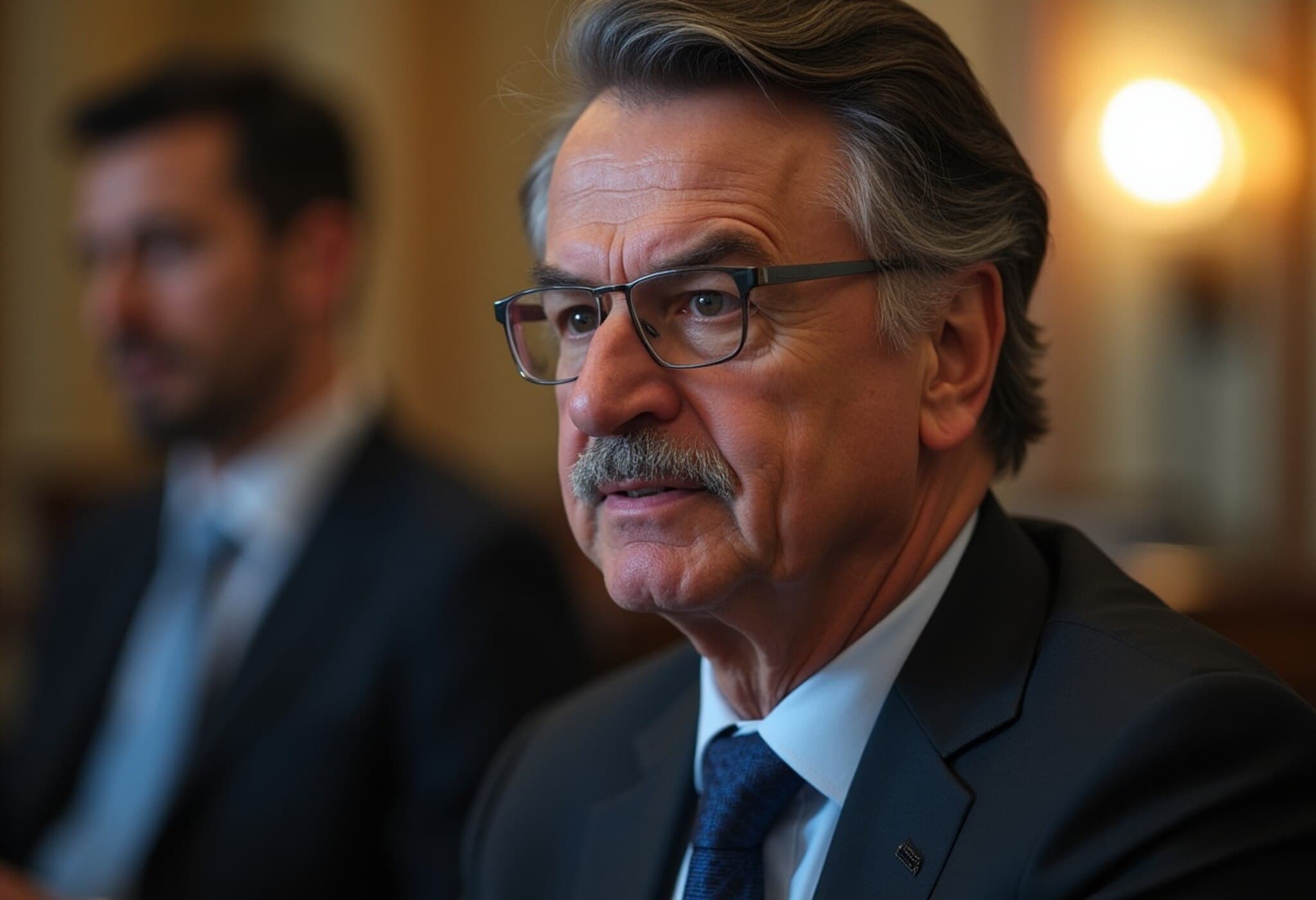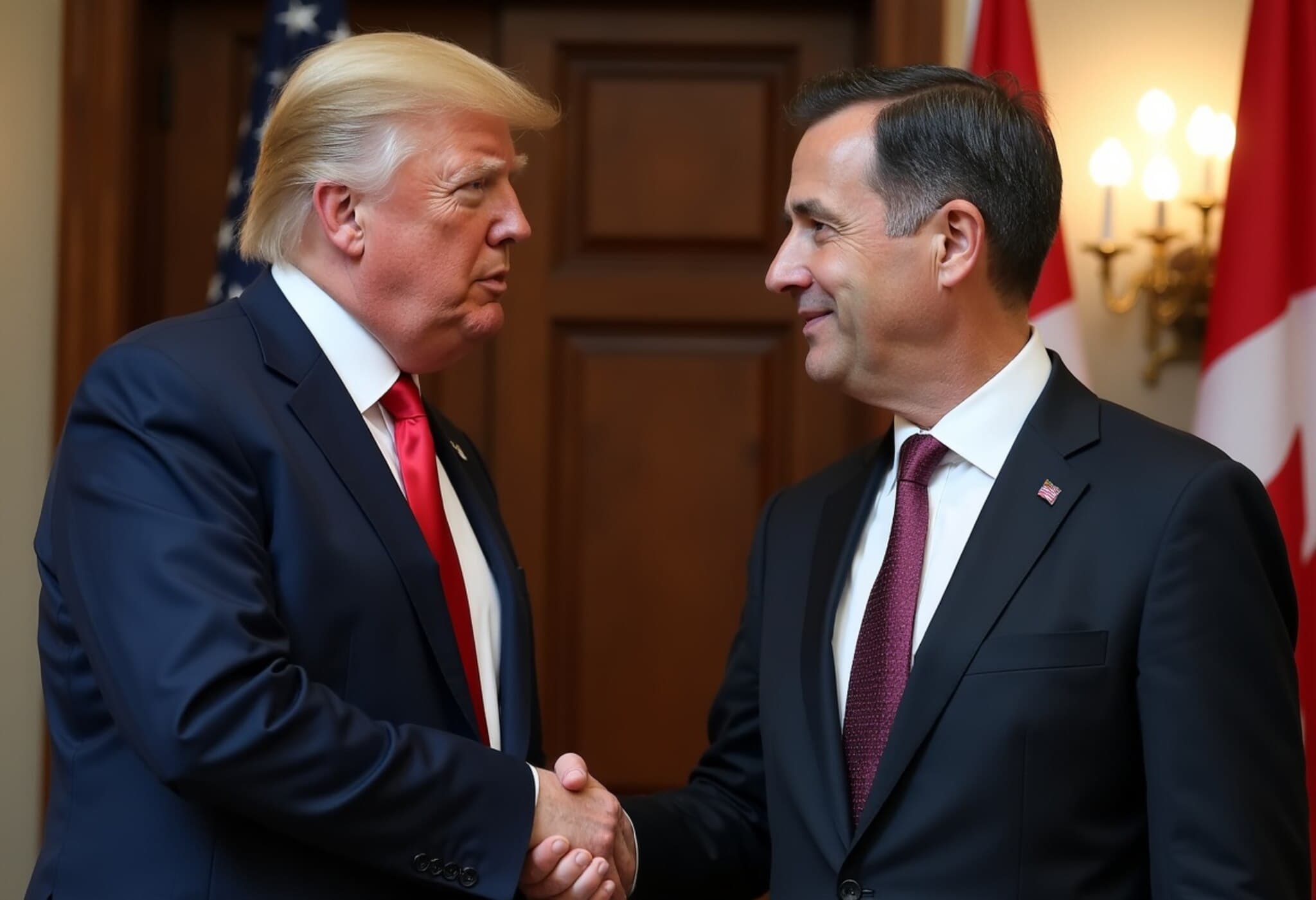Brazil’s Former President Bolsonaro Placed Under House Arrest
In a dramatic escalation of Brazil’s ongoing political and legal turmoil, former President Jair Bolsonaro was placed under house arrest on Monday by the nation’s Supreme Court. This move comes amid a high-profile trial accusing Bolsonaro of orchestrating a coup attempt after his defeat in the 2022 presidential election to Luiz Inácio Lula da Silva.
Supreme Court’s Firm Stance: Violation of Court-Ordered Restrictions
The decision was led by Supreme Court Justice Alexandre de Moraes, who cited Bolsonaro’s breach of court-imposed precautionary measures as a catalyst for the more stringent restrictions. According to Justice Moraes, Bolsonaro circumvented the rules by posting politically charged content using his son’s social media accounts, an act that contravened the judiciary’s efforts to limit his influence pending trial. This development underscores the Brazilian judiciary's commitment to upholding legal frameworks amid an intensely polarized political climate.
Serious Allegations: Plotting a Coup and Targeted Violence
Bolsonaro faces grave accusations from prosecutors, including heading a criminal organization intent on forcibly maintaining his hold on power. Among the charges are alleged conspiracies to assassinate sitting President Lula and a Supreme Court justice—allegations that highlight the severity of Brazil’s current political crisis and echo concerns about democratic backsliding in the region.
Safeguards and Surveillance: Electronic Monitoring and Phone Seizures
The new restrictions include electronic ankle monitoring, a ban on visitors apart from close family and legal counsel, and the seizure of all mobile phones from Bolsonaro’s residence in Rio de Janeiro. These measures follow earlier rulings imposing curfews on Bolsonaro’s public activities, reflecting the judiciary’s intent to tightly control his movements and communications during the investigation.
International Reactions and Political Ramifications
The case has attracted global attention, not least due to outspoken international figures. Former U.S. President Donald Trump publicly defended Bolsonaro, framing the prosecution as politically motivated. In a post on Truth Social, Trump decried the Brazilian judiciary’s actions, reflecting the transnational networks of support Bolsonaro maintains among right-wing populist leaders.
Expert Insight: Implications for Democracy and Rule of Law in Brazil
From a legal and political perspective, Bolsonaro’s detention under house arrest amid accusations of plotting undemocratic means to retain power raises fundamental questions about Brazil's democratic resilience. Experts warn that such high-stakes legal battles not only test the judiciary’s independence but also underscore the fragility of democratic institutions faced with internal subversion. This situation parallels other global cases where former leaders have challenged electoral outcomes, highlighting the universal tension between populist movements and institutional governance.
Regional Context and Wider Impact
Bolsonaro’s trial and subsequent house arrest could reshape the political landscape in Brazil, a key player in Latin America’s economy and democracy. The indigenous courts and international organizations are closely monitoring how Brazil navigates this crisis, considering the potential ripple effects on regional stability, investor confidence, and social cohesion.
Editor’s Note
This unfolding chapter in Brazil’s political saga puts an intense spotlight on issues of democratic integrity, judicial independence, and the rise of political polarization. For readers and observers, the critical question remains: can Brazil’s institutions withstand the pressures of politically charged legal battles to uphold the rule of law and democratic norms? As the trial progresses, keeping a close eye on developments is essential to understanding both Brazil’s future trajectory and broader challenges facing democracies worldwide.



